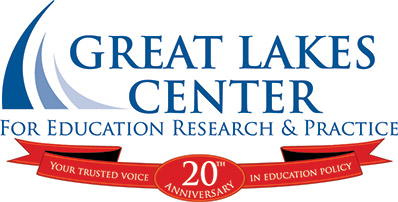
 |
March 3, 2020 |
|
Contact: Report on Student Poverty Measures Provides Important Snapshot but Not the Whole PictureAn NEPC Review funded by the Great Lakes Center Key Takeaway: New report is useful, but misses an opportunity to explore the need for a standardized measure of student poverty. EAST LANSING, MI (March 3, 2020) - A recent Urban Institute report highlights how legislative changes have led to the steady decline of the usefulness, as a measure of student poverty, of participation in the free- and reduced-price lunch (FRPL) program. The Community Eligibility Provision (CEP) of the federal Healthy, Hunger-Free Kids Act mandates that schools enrolled in CEP have at least 40% of their students eligible for a free or reduced-price lunch in the year before enrolling. CEP schools provide free breakfasts and lunches to all students regardless of any given student’s household income or enrollment in safety net programs. Thus FRPL participation is 100% in a school and can no longer be sensibly used as a poverty measure. Michael Harwell of the University of Minnesota reviewed Measuring Student Poverty: Developing Accurate Counts for School Funding, Accountability, and Research. The report looks at how states now make poverty-related determinations for school funding and accountability purposes. Professor Harwell found the report to be useful in providing an important snapshot of the crazy quilt pattern of enrollment in safety net programs. The report, however, does not fully address a question that should significantly influence its methods, conclusions, and impact: Is it sufficient to rely on enrollment in safety net programs to define and measure student poverty, or is a change needed in its definition and measurement? The report seems to lean towards the latter, but no definition (new or otherwise) of student poverty is provided, and alternative measures of poverty are presented without critique. The report is also silent on whether a poverty measure should be related to important student outcomes such as achievement. Find the review, by Michael Harwell, at: Find Measuring Student Poverty: Developing Accurate Counts for School Funding, Accountability, and Research, written by Erica Greenberg, Kristin Blagg, and Macy Rainer and published by the Urban Institute, at: NEPC Reviews (http://thinktankreview.org) provide the public, policymakers, and the press with timely, academically sound reviews of selected publications. NEPC Reviews are made possible in part by support provided by the Great Lakes Center for Education Research and Practice: http://www.greatlakescenter.org About The Great Lakes Center - ### - |
|